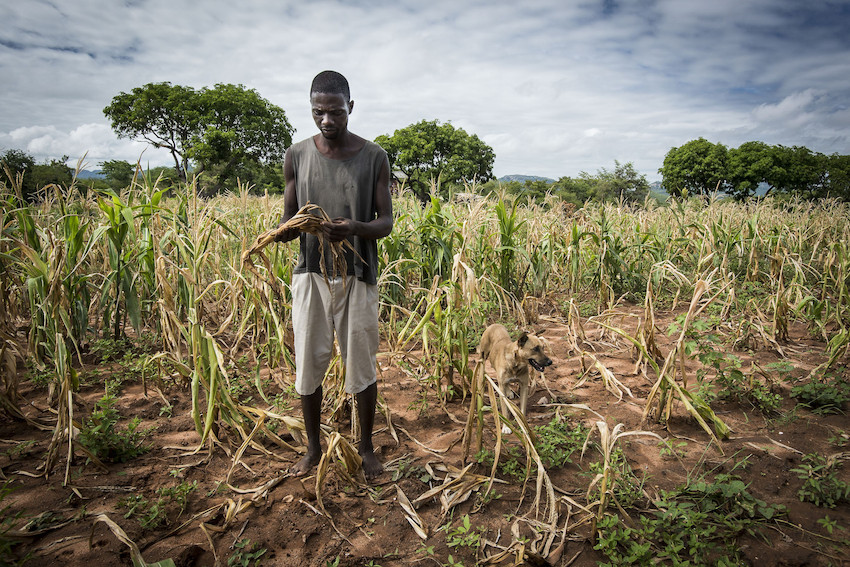Developed countries, including Belgium, have failed to attain a goal set in 2009 to collectively mobilise $100 billion (around €97.7 billion) per year for climate action in developing countries by 2020.
In 2020, rich countries together provided $83.3 billion (around €81.4 billion) in climate finance to developing countries in support of the climate challenges, a recent report by the Organisation for Economic Co-operation and Development (OECD) showed. Although this is an increase from 2019 (+4%), it is less than they vowed to mobilise per year in 2009.
“We know that more needs to be done. Climate finance grew between 2019 and 2020, but as we had expected, remained short of the increase needed to reach the $100 billion goal by 2020,” OECD Secretary-General, Mathias Cormann, said. Developing countries systematically face the biggest challenges of climate change.
The increase in 2020 climate finance was primarily driven by a rise in public flows, the report showed. Some $68.3 billion (€66.7 billion) comes from public finance, while $13.1 billion €12.8 billion) came from private finance, although that share is declining.
Missed target
At the 15th Conference of Parties (COP15) of the UNFCCC in Copenhagen in 2009, many developed countries, including Belgium, committed to a collective goal of mobilising a set sum of money by 2020 for climate action in poorer countries to help invest in mitigation actions and transparency on implementation.
The goal was formalised at COP16 in Cancun, and at COP21 in Paris, it was reiterated and extended to 2025. Predictions were made in October 2021, with the goal to be met in 2023 and then be exceeded in the period to 2025.
Cormann recognised that countries are continuing to grapple with the economic and social implications of the pandemic and now also facing the financial fallout of the Russian war in Ukraine, but stressed that across the world, "we are seeing climate change causing widespread adverse impacts and related losses and damages to nature and people.”
Related News
- UN Secretary-General denounces 'shocking greed' of oil and gas companies
- Flemish Greens to push for private jets tax
Countries in Asia were the main beneficiaries of the money that was mobilised in 2020 (receiving 42% of the total funding) followed by countries in Africa (26%) and the Americas (17%).
The majority of the climate finance in 2020 was directed at climate change mitigation efforts — such as energy and transport activities — but finance provided for adaptation action to improve water supply and sanitation, for example, continued to grow, accounting for one-third of the total.

